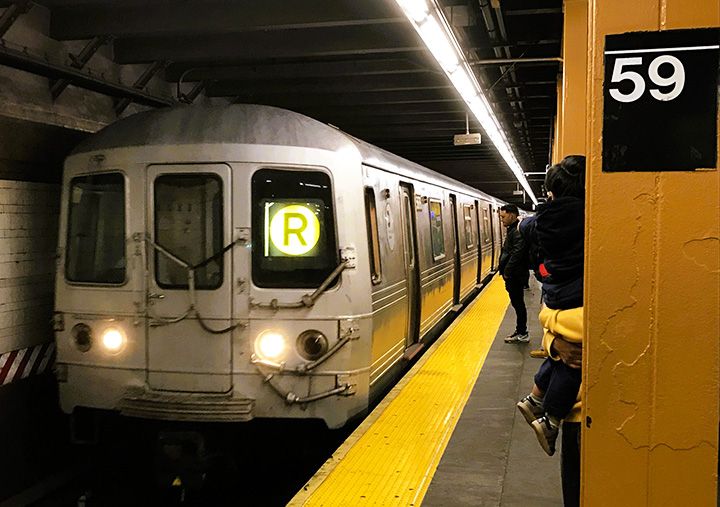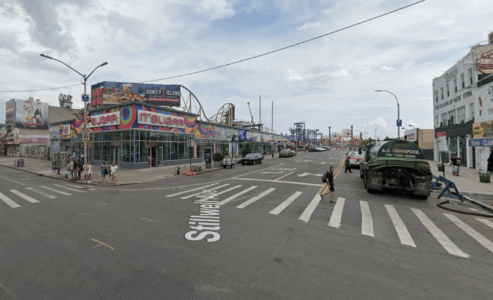Since we ride the New York City Transit subways and buses frequently, we see firsthand the growing number of fare evaders.
In the subways, people hop over or sneak under the turnstiles or wait for an open exit gate to walk through. On the buses, the fare beaters brazenly walk past the drivers, some even smiling, or wait for a rear door to open to pile in.
Two years ago the MTA put together a blue-ribbon panel to investigate and review the extent of the revenue losses caused by these free ride cheaters. They reported that in 2022 the subway system lost $285 million and the buses lost $315 million. I’m willing to bet that since fare beating has become even more pervasive, the figures for 2023 will be much higher.
Signs posted on trains and buses say you are subject to a $100 fine if you don’t pay the fare. It’s apparently far from a deterrent. While there are laws on the books about theft of service (TOS), few arrests are made, and I understand the district attorneys of Manhattan, Brooklyn and the Bronx won’t indict or prosecute. It’s a vicious cycle: Cops back away from making arrests they believe will never get to court.
The MTA estimates about 400,000 riders enter the subway without paying. Frankly, I think the figure is much higher, because the MTA doesn’t have a system in place to monitor the number of fare beaters at each station. And there are a total of 472 subway stations, some with more than one entrance and exit.
On the buses, I don’t think they can figure the total number of fare beaters who walk past drivers who don’t keep count, or when they get on the bus through the rear doors.
And what is this epidemic of fare stealing teaching our teenagers and young adults when they can break the law or ignore regulations without consequences? Do they then move on to bigger crimes, having been weaned on so-called petty crime?
When the MTA’s blue-ribbon panel interviewed paying passengers, some complained, and rightly so, that it was insulting to see some people avoid paying the fare. It’s so prevalent that it only encourages others who would normally abide by the rules to say, “What the heck, why should I pay when they don’t have to?”

 Sunset Park residents look to form new mural at 54th Street
Sunset Park residents look to form new mural at 54th Street  Man charged with attempted kidnapping after allegedly grabbing six-year-old in Coney Island
Man charged with attempted kidnapping after allegedly grabbing six-year-old in Coney Island